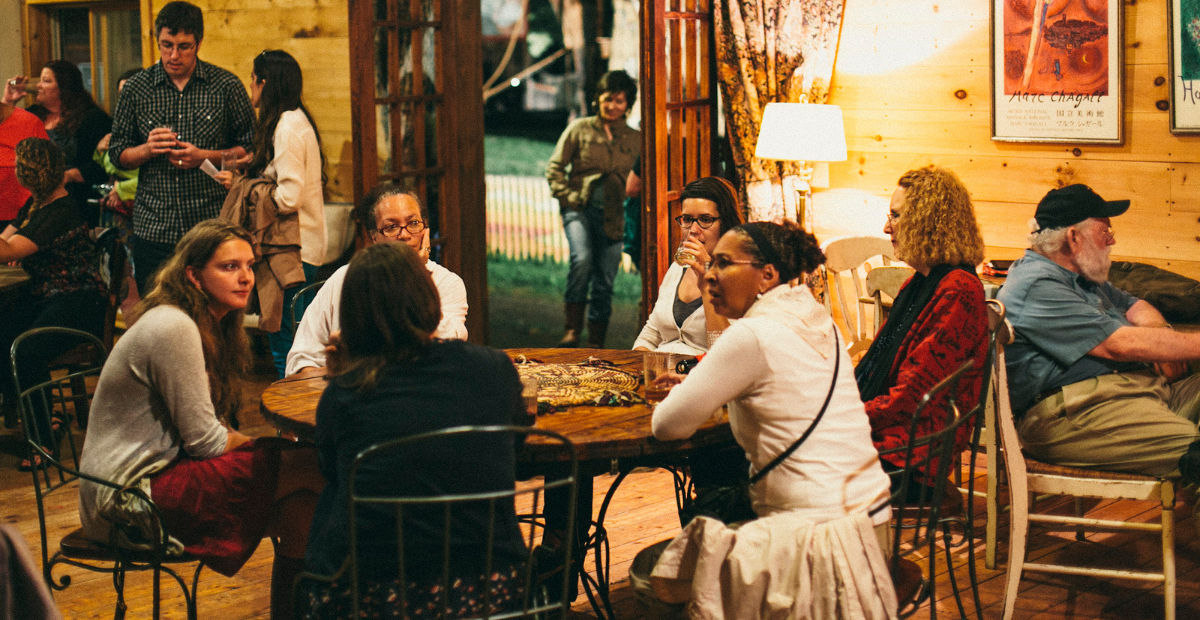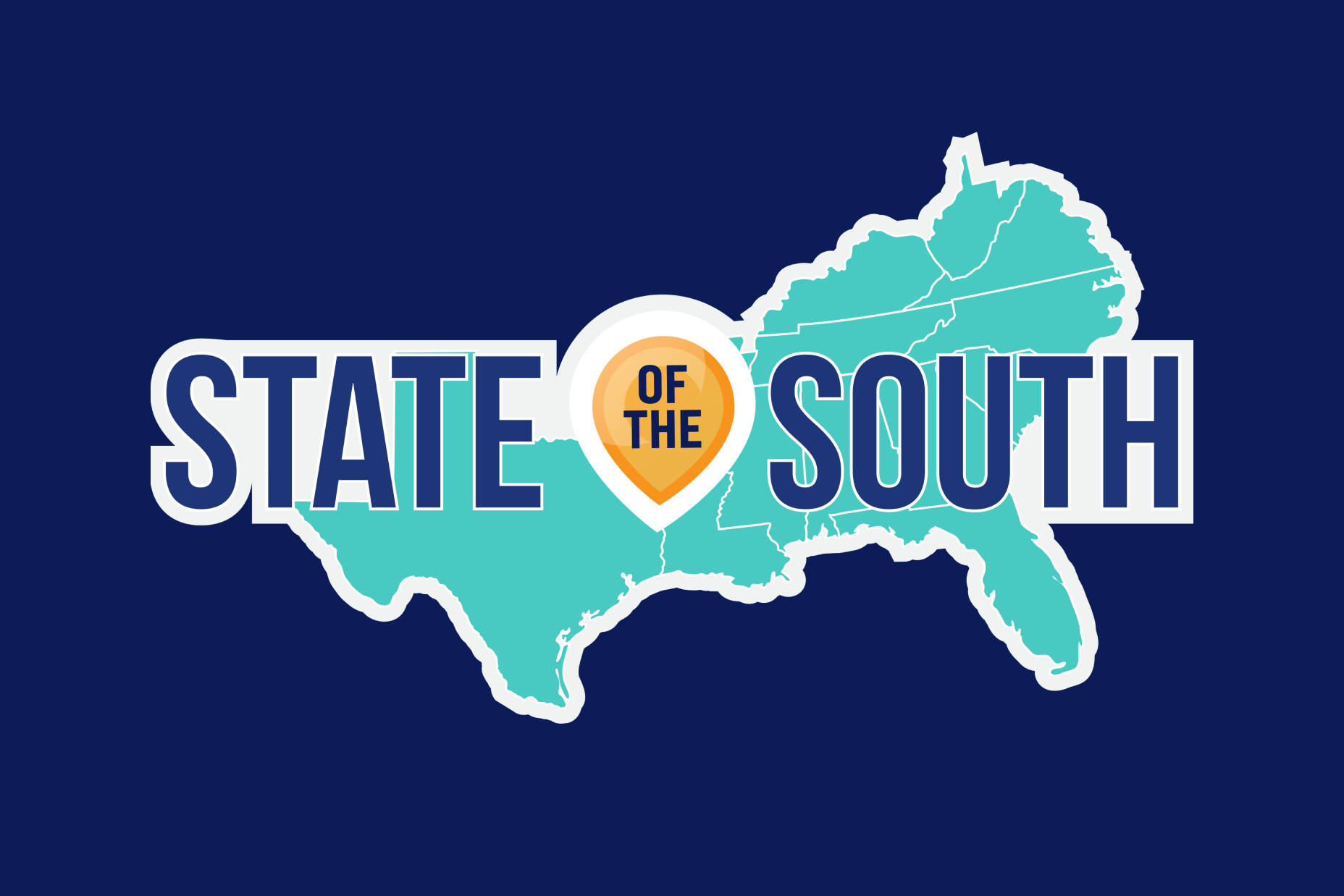Learnings from and for the Field
May 14, 2023

By Aspen CSG’s Action Learning Manager, Devin Deaton, who attended the True South Central Appalachia event which is apart of MDC’s State of the South series.
Focused on growing equity and relationship building, this two-day in-person convening took place in Berea, Kentucky. It drew in folks from the entire region, including Eastern Kentucky, West Virginia, Tennessee, and Western North Carolina. Read on for some of Devin’s takeaways with related resources.
The Black Appalachian experience front and center
The convening began by centering the region’s history and the experience of Black Appalachians through poetry, storytelling, and data. Following the end of the civil war and slavery, racial violence and Jim Crow laws pushed many Black people to flee the South. The 20th century’s Great Migration transformed communities and shaped family history – but the truth is that there are and always have been Black people, families, and communities in the region. And that many families are returning to the area. Groups like Black by God and the STAY Project, and No Hate in my Holler, are raising the visibility of Black Appalachian communities, helping to grow and retain residents.
Building on this critical theme, MDC invited former Kentucky poet laureate Frank X Walker to share his newest poems that center the actual, historical voices of enslaved and newly-freed Black people, blending their voices with an understanding that the systemic violence that perpetuated slavery and the Civil War lives on in our society in anti-Blackness and white supremacy. Take a moment and watch this short video where Walker talks about his life, poetry, and the coining of the term ‘Affrilachian‘. Another stand-out artist who joined the event was the poet and playwright Malcolm Davis, whose new show calls attention to both the Black and Indigenous experience in colonial-era Kentucky.
Grappling with extraction and retention in Appalachia
Extractive industries of coal and timber have historically dominated the economy of central Appalachia for better or, more often, worse. These industries’ boom and bust cycles, and now the rapid decline of coal, have ravaged the landscape without building sustainable development for families and communities. This has led to a region more vulnerable to natural disasters – a focus of MDC’s work in North Carolina, the subject of a recent Aspen CSG report Through Natural Disaster to Prosperity: Call to Action, and a deeply personal issue felt by the region’s residents following last year’s ‘1000-year flood’.
There was much discussion among panelists and attendees on the need to reinvigorate communities to make them “people-ready” through downtown revitalization, creative placemaking, and centering just transition. Peter Hille, president of the Mountain Association, shared that the region is at a tipping point. After years of hard work of many different systems and local stakeholders, positive changes are visible in Appalachia. But more work remains to be done – and more investments must be made in the region by philanthropy and the private sector.
Donna Daniels of the Brushy Fork Institute shared their work to strengthen the economies of small communities by supporting the people who live there, including young people and people of color. This focus on supporting people-ready communities reminded me of two past Open Field discussions hosted by Aspen CSG, one on youth leadership and the other on creating welcoming communities.
Thanks for joining me in learning more about these important topics. If you’re living or working in the South, I encourage you to join one of MDC’s other regional convenings to learn more about their work to build a stronger and more equitable region.
Photo Credit: Aspen Institute Community Strategies Group







